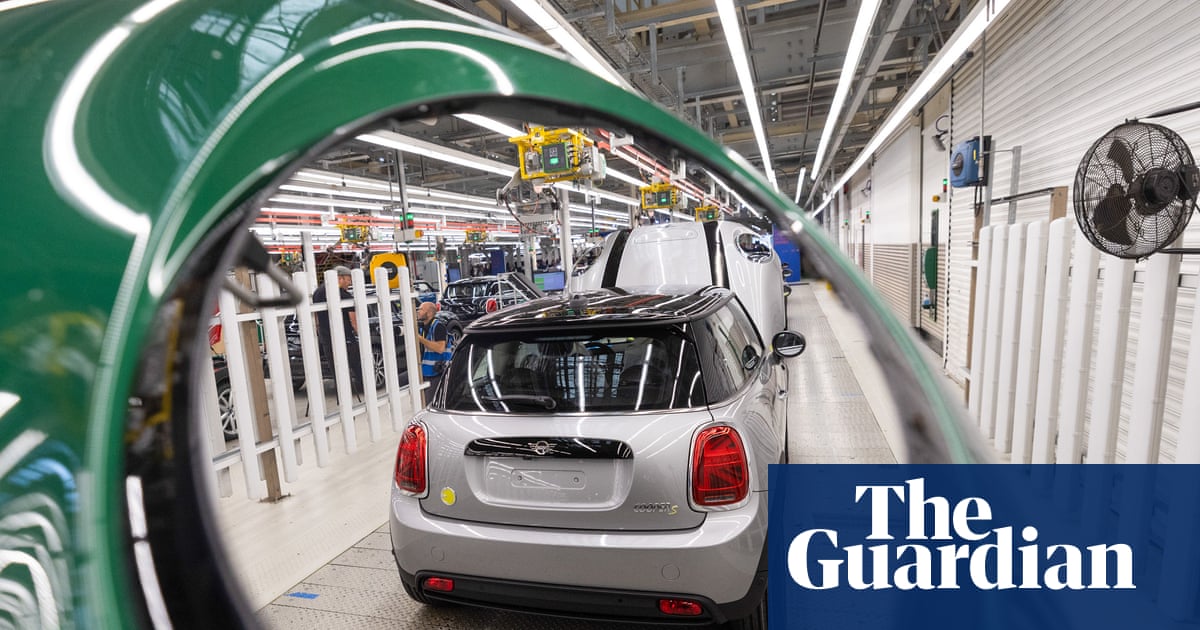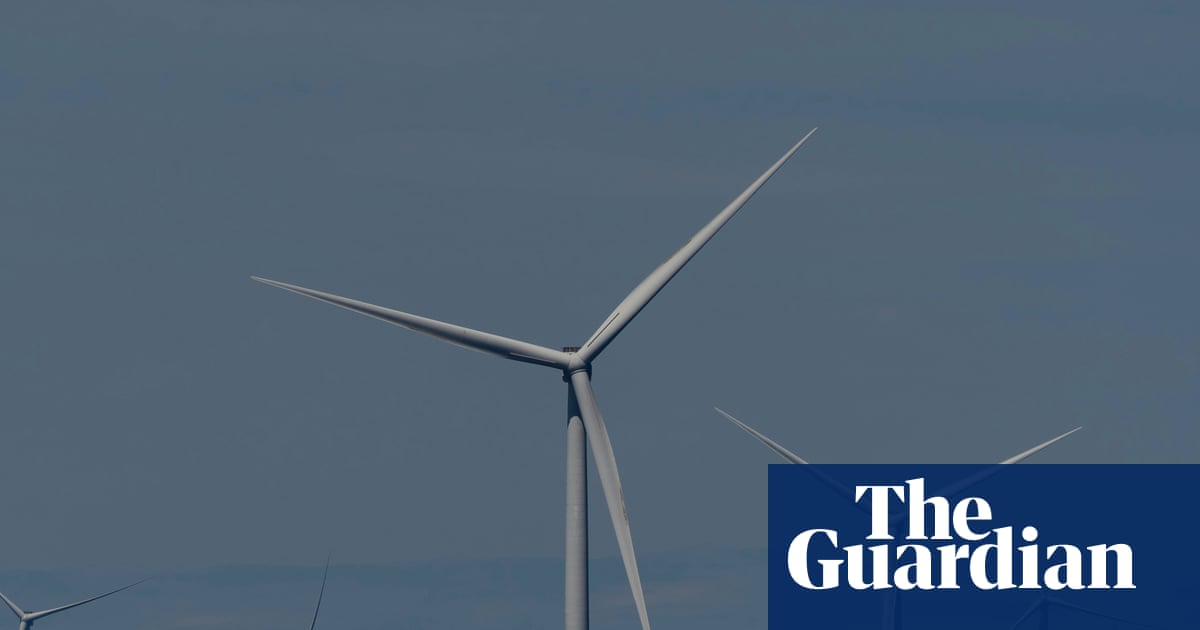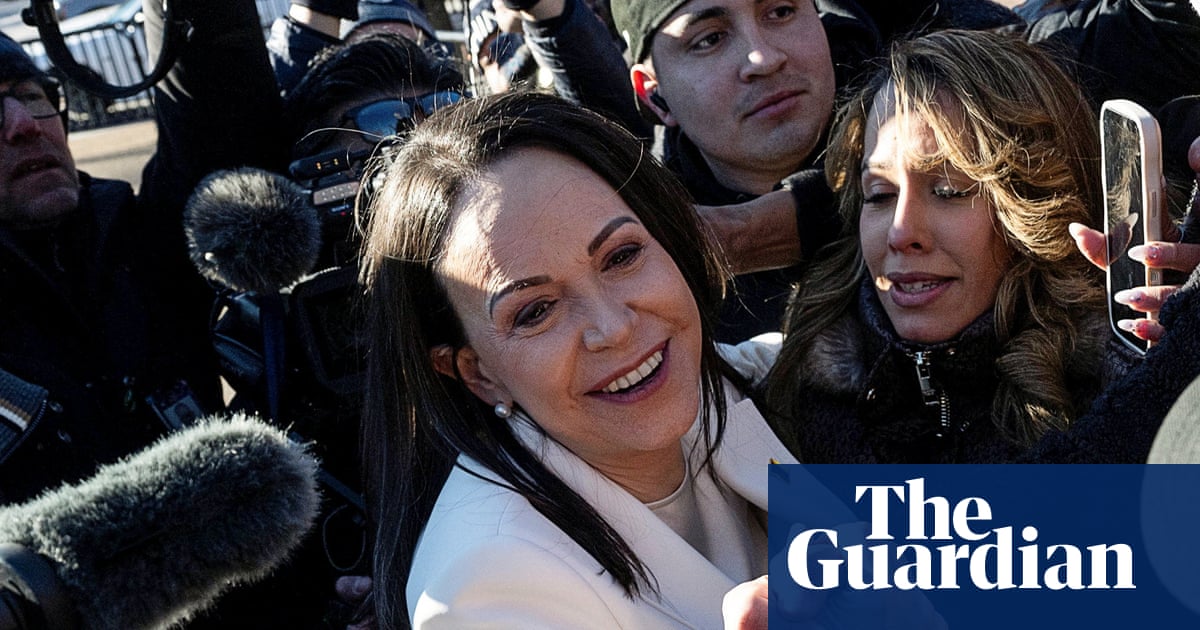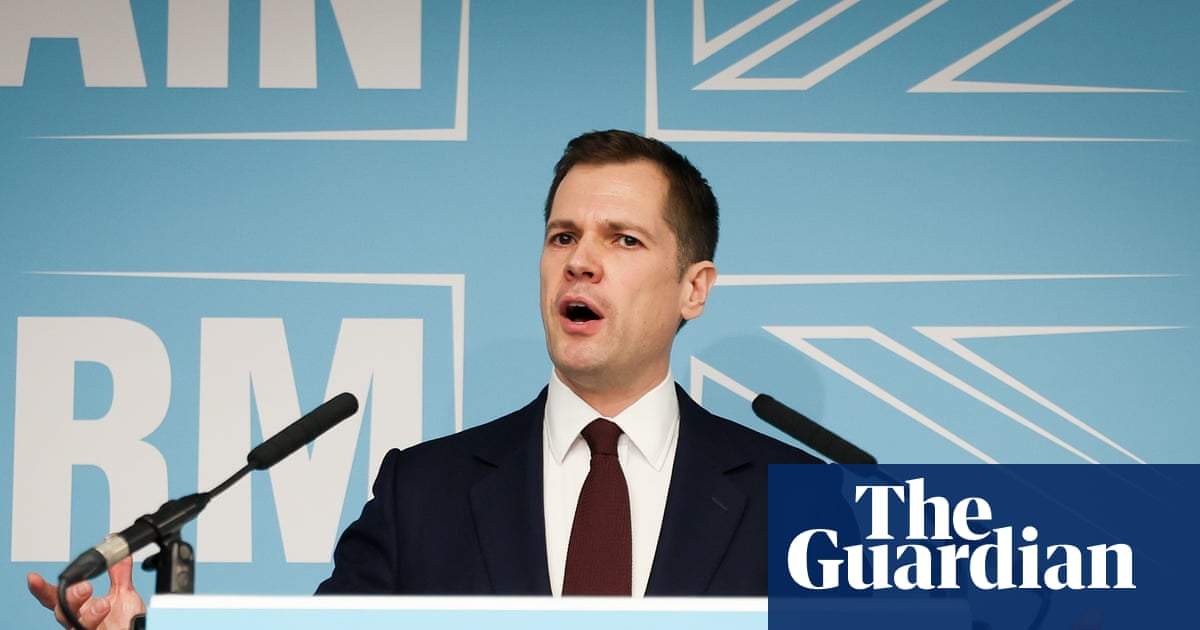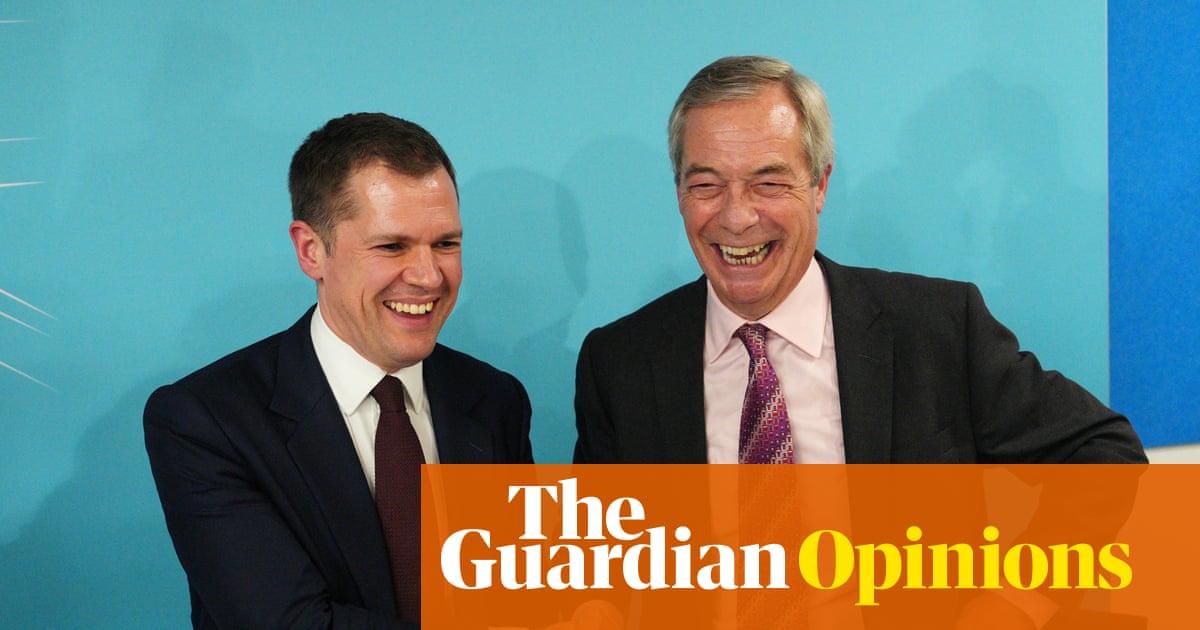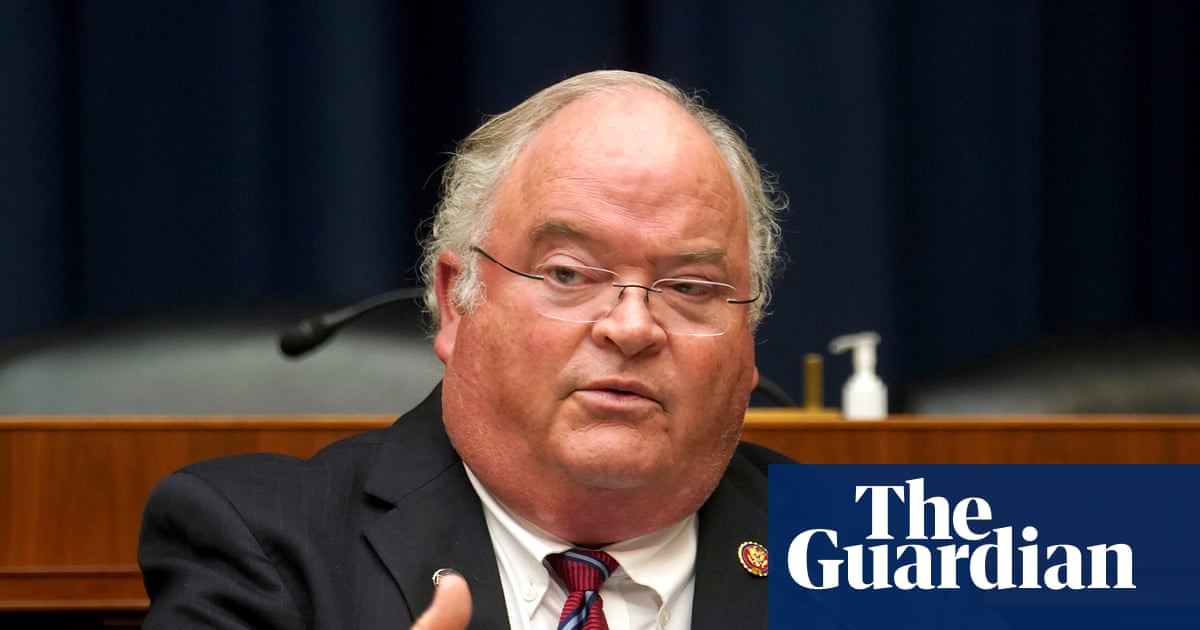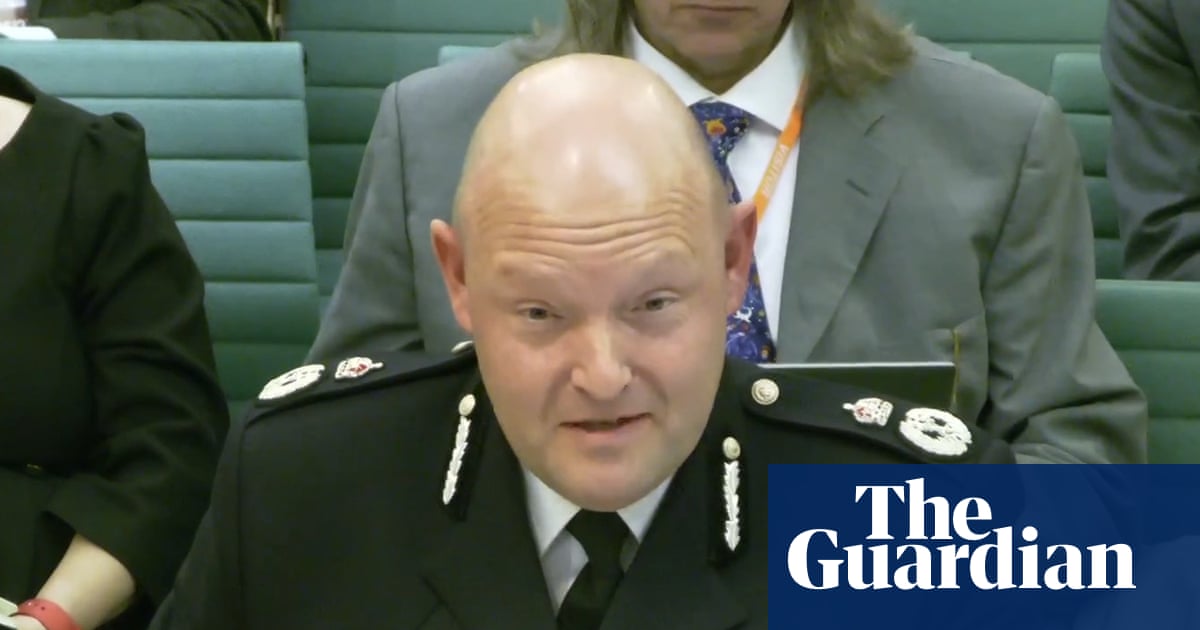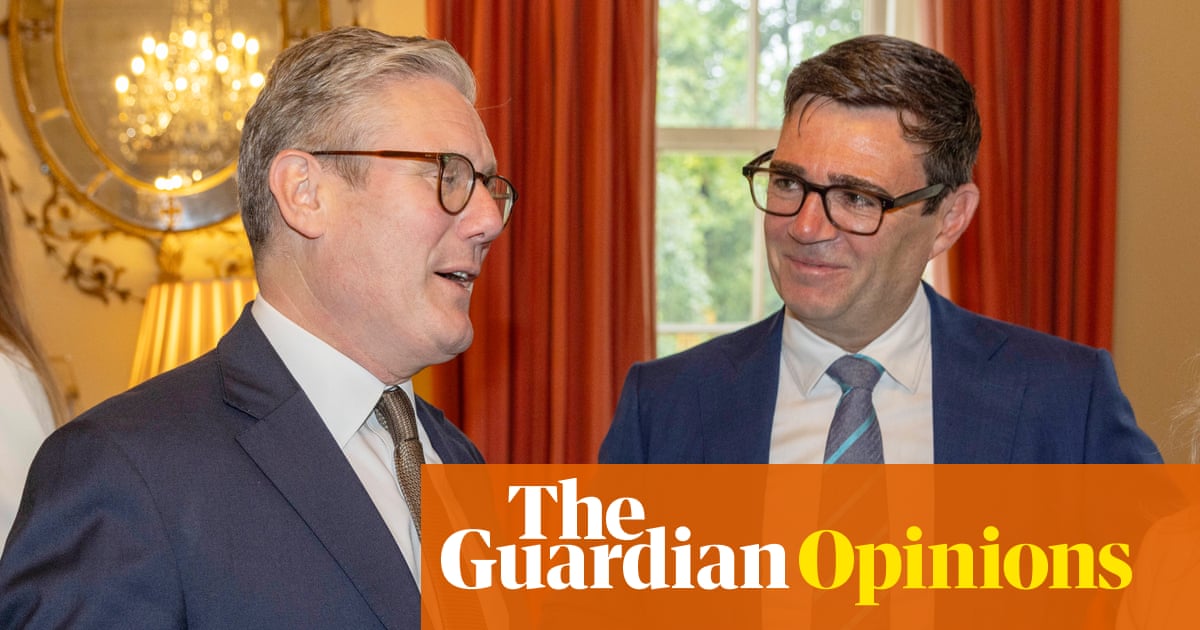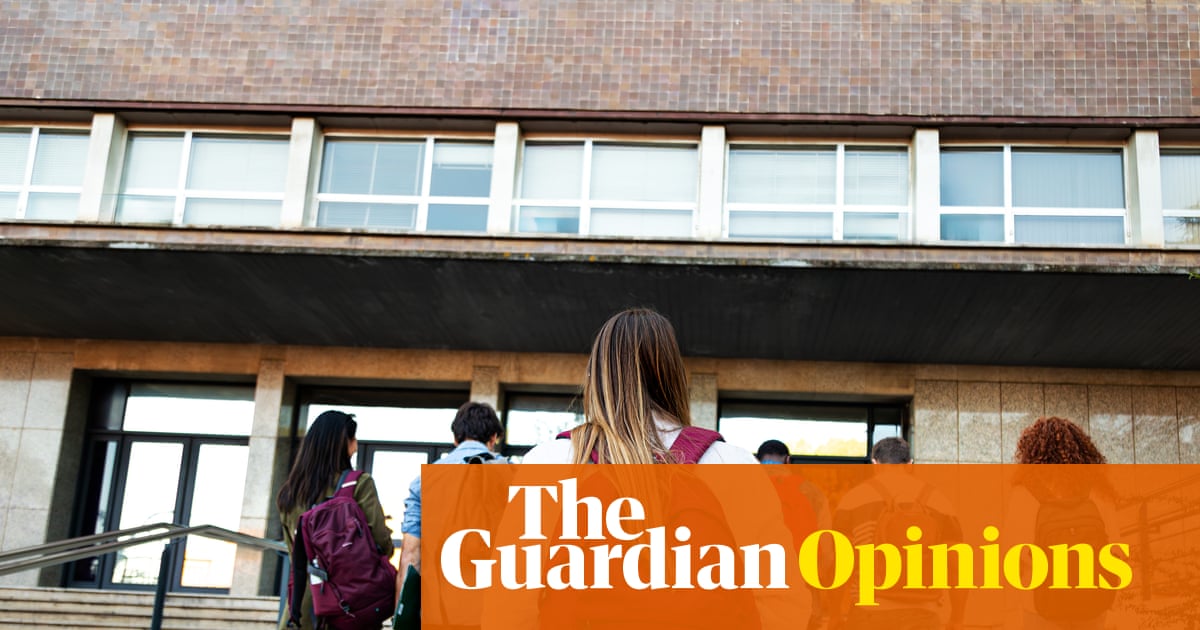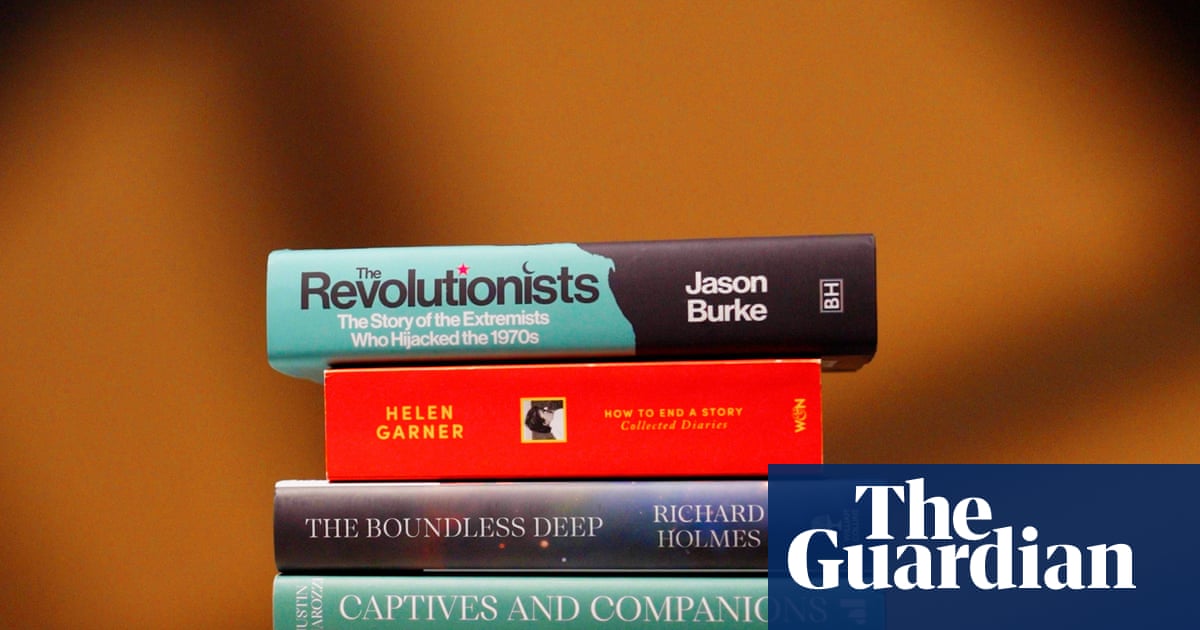All the signs suggest that the government will cling to a dangerous set of false choices at the budget later this month. Constrained by the debt and borrowing rules that she has imposed upon herself, the chancellor, Rachel Reeves, seems to think she only has three options: take benefits from those who are unable to work; tax those who work and are already struggling to make ends meet; or ask those who don’t need to work to pay a bit more. My worry is that she will not only make the wrong choices, but fail to challenge the dangerous orthodoxies that forced her to see these as the only choices in the first place.
Labour’s political rhetoric gives the impression that working people need not worry. Its 2024 election manifesto committed the party to rebuilding the country so that it “once again serves the interests of working people”. Only a few weeks ago, the prime minister, Keir Starmer, mentioned “working people” no fewer than 17 times in his conference speech. The chancellor was just behind him, using the phrase on 16 occasions during hers.
But few thought one of the first things this government would do was go after people unable to work. Labour’s attempted cuts to disability payments earlier this year were an effort to re-enact the discredited logic of austerity – cutting support from those who need it most, and undermining our economic health in order to save the Treasury money. Labour’s backbenchers successfully challenged the social security cuts, and the chancellor has since recognised the damaging legacy of austerity. Surely it’s time we drew a line under this dangerous economic ideology.
The problem is that the government seems unwilling to do anything that could be seen as radical when it comes to taxing those so wealthy they don’t need to work. Starmer has dismissed those who back a wealth tax as “snake-oil merchants”. Still, the chancellor doesn’t seem completely closed to the idea of taxing certain forms of wealth. There are rumours of council tax reform for those with the most expensive properties, or an “exit tax” to penalise people who move their wealth out of the country. Both would be positive first steps.
It’s worth remembering that taxing wealth isn’t just about raising revenue. It’s also a means of tackling the spiralling inequality that has a corrosive effect on democracy and allows for oligarchic concentrations of political and economic power. Equalising capital gains tax with taxes on income from work would be another important step. Looking to the future, Labour needs to establish an infrastructure that will allow the government to track modern wealth, such as cracking down on tax havens and working with other countries to set a global minimum tax on the ultra-rich, so that future wealth taxes can be precisely designed without loopholes.
But with huge pressure from City lawyers, accountants and tax advisers who together form the wealth defence industry, the government will probably be unwilling to go that far. Every time it proposes that the wealthy should contribute more, it’s met with a myth about an exodus of the super-rich that would leave working people bearing most of the tax burden. Income tax rises therefore seem the most likely outcome of the budget, including potentially the first increase in the basic rate of tax for 50 years.
This would be economically shortsighted and politically foolish. For one thing, the cost of living remains extortionate. “Stealth taxes”, such as the freeze on income tax thresholds, have continued to bite. Consider that average weekly earnings in August 2007 were £720 in 2025 prices. In August 2025, they were £735. During those intervening 18 years, however, the cost of essentials for working households such as rent, energy bills, transports costs and council tax have increased massively, at higher-than-inflation rates.
True, inflation may have dipped compared with the highs after the pandemic, but the highest rates of inflation are still hitting the poorest hardest. People are feeling worse off because they are much worse off. Making them feel even poorer by taxing away a larger portion of their incomes is a recipe for political disaster. In the coming years, the pressures of the climate crisis and our ageing population will require that all of us pay higher taxes. But any government cannot hope to sell these taxes to a population without showing that they are first willing to tax those who hold many times more wealth than the average person.
In between talking about working people, Starmer made some fascinating observations in his conference speech, saying that “national renewal isn’t just moving money around, it’s completely rewiring the state and the economy”. That is exactly what we should be doing. But getting there will require breaking free from an unnecessarily narrow and false set of choices.
after newsletter promotion
It shouldn’t be about punishing those who cannot work, or those who are working but struggling with the escalating cost of living: it should be about dismantling an economic system based on extraction and extreme wealth accumulation. That, ultimately, is what will serve the interests of working people.
-
Dhananjayan Sriskandarajah is chief executive of the New Economics Foundation and author of Power to the People

 2 months ago
72
2 months ago
72

